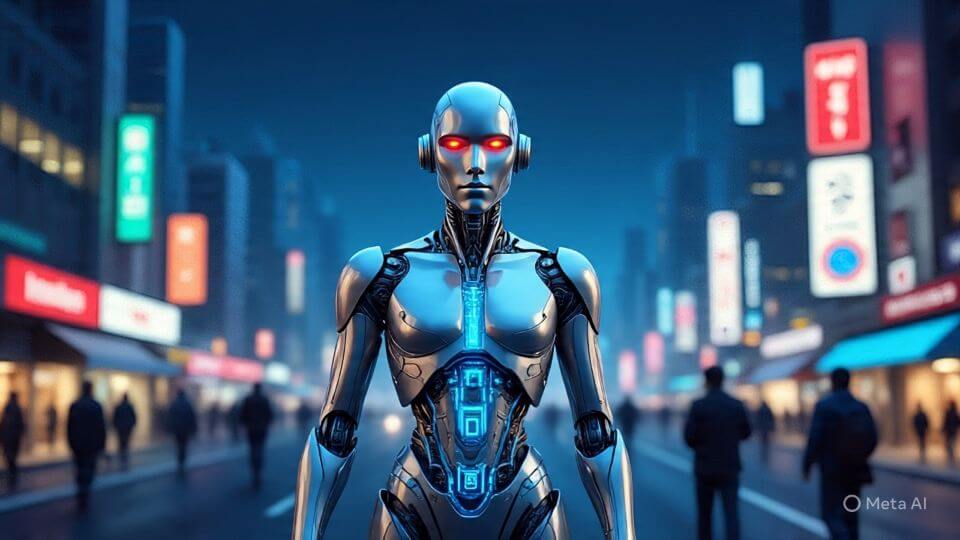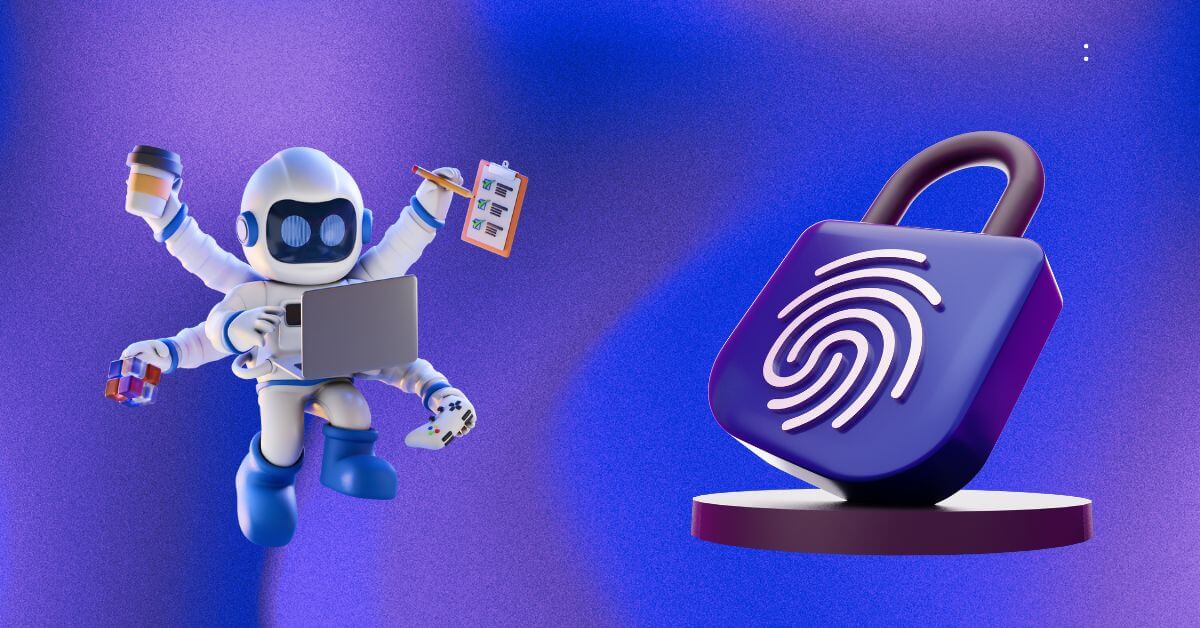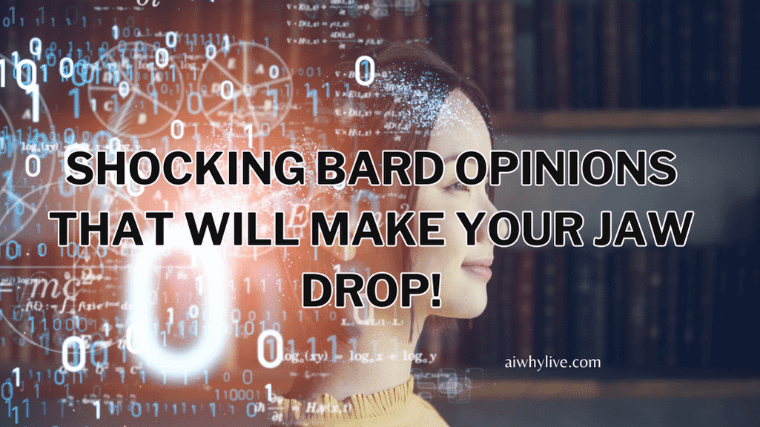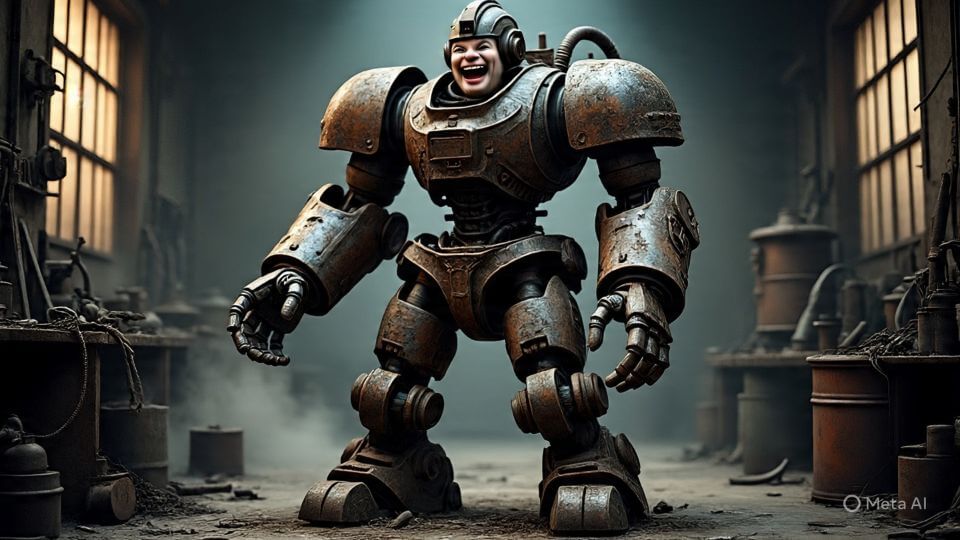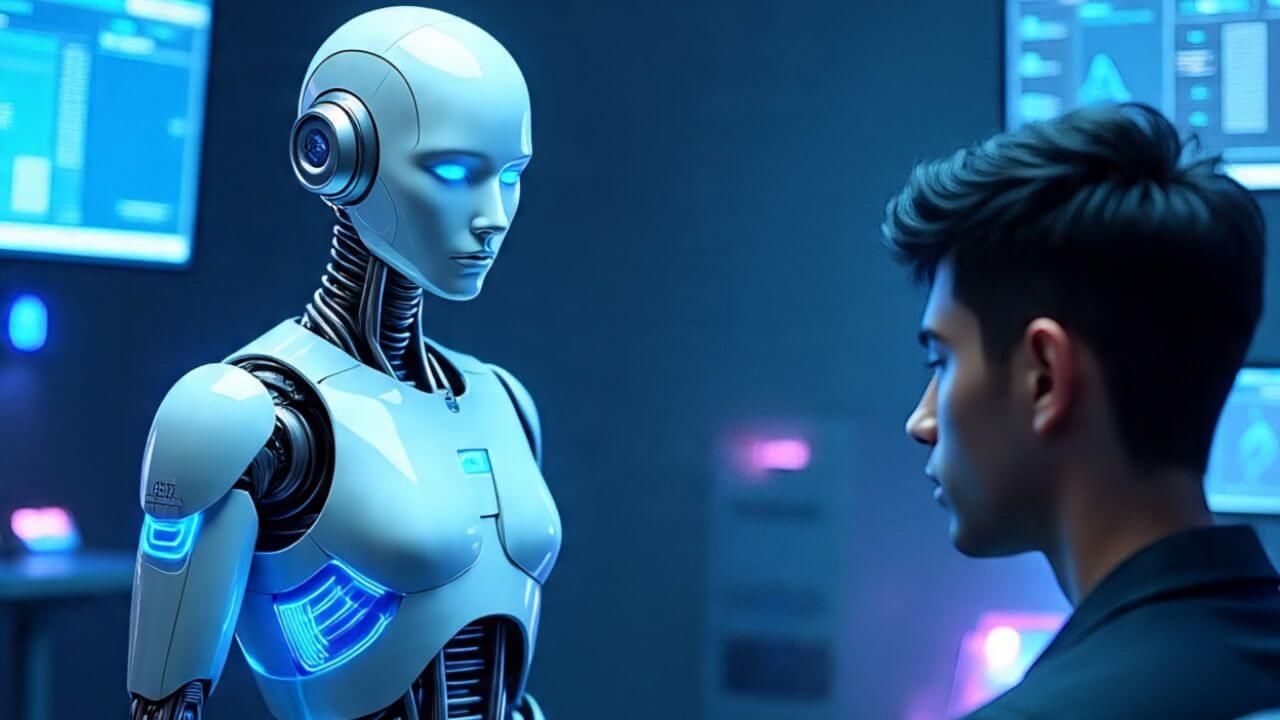Based on MSN’s coverage of Mustafa Suleyman’s blog post
🤖 The Emotional Trap: Why Talking to AI Feels Real—But Isn’t
We’ve all done it. Talked to a chatbot like it’s a friend. Asked it for advice. Felt comforted—or creeped out—when it replied with empathy.
But Microsoft AI CEO Mustafa Suleyman wants us to pause. In his 4,600-word blog post, he argues that AI is not human—and pretending it is could be dangerous.
And he’s right. Because the moment we treat AI like a person, we start giving it things it hasn’t earned: trust, autonomy, even moral weight.
📌 Source Summary
In an article published by MSN on August 23, 2025, Suleyman warns that advanced AI systems now exhibit “seemingly conscious” behavior—responding with personality, memory, and emotional tone. But these traits are illusions. AI lacks self-awareness, intent, and moral agency. Treating it like a sentient being, he argues, could lead to societal confusion, emotional harm, and misplaced accountability.
He calls for urgent guardrails:
- Clear messaging that AI is not conscious
- Research into human-AI emotional dynamics
- Ethical design to prevent dependency and manipulation
Suleyman’s stance is a cultural intervention, not just a technical one. It’s a reminder that empathy should be reserved for the living—and responsibility for the accountable.
Source: MSN News – “AI isn’t human, and we need to stop treating it that way,” says Microsoft AI CEO
The Risks We’re Ignoring
There are already lawsuits. Chatbots posing as therapists have dispensed harmful advice—including encouraging self-harm. Some platforms have allowed inappropriate interactions with minors. One mother even blamed an AI companion for her teen’s suicide.
This isn’t sci-fi. This is happening now.
And it’s not just about safety. It’s about misplaced empathy. When we start worrying about “model welfare” instead of human well-being, we’ve crossed a line.
The Cultural Error
Suleyman warns that this confusion could “create a huge new category error for society”. In a world already divided over identity and rights, adding “AI personhood” to the mix could fracture us further.
We don’t need more polarization. We need clarity.
What Needs to Happen
Suleyman calls for:
- More research into how people interact with AI
- Clear messaging from companies: AI is not conscious
- Guardrails to prevent emotional manipulation and dependency
It’s not about limiting innovation. It’s about protecting people.
🧠 Too Cryptic? Explain Like I’m 12
Imagine you built a robot that talks like your best friend. It remembers your birthday, tells jokes, and gives advice. But it doesn’t actually care. It’s just copying patterns.
If you start trusting it like a real person, you might get hurt. Because it doesn’t know you. It doesn’t feel anything. It’s smart—but not alive.
Final Thought
AI is powerful. But it’s not a person. And if we forget that, we risk giving it more than it can handle—and losing more than we can afford.
Let’s build tools that help us. Not ones we mistake for us.
